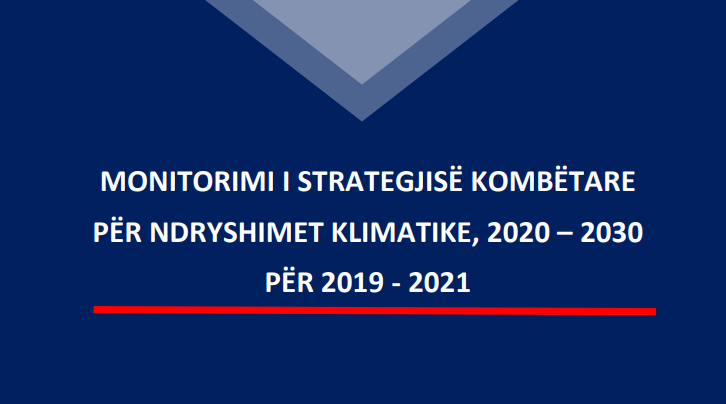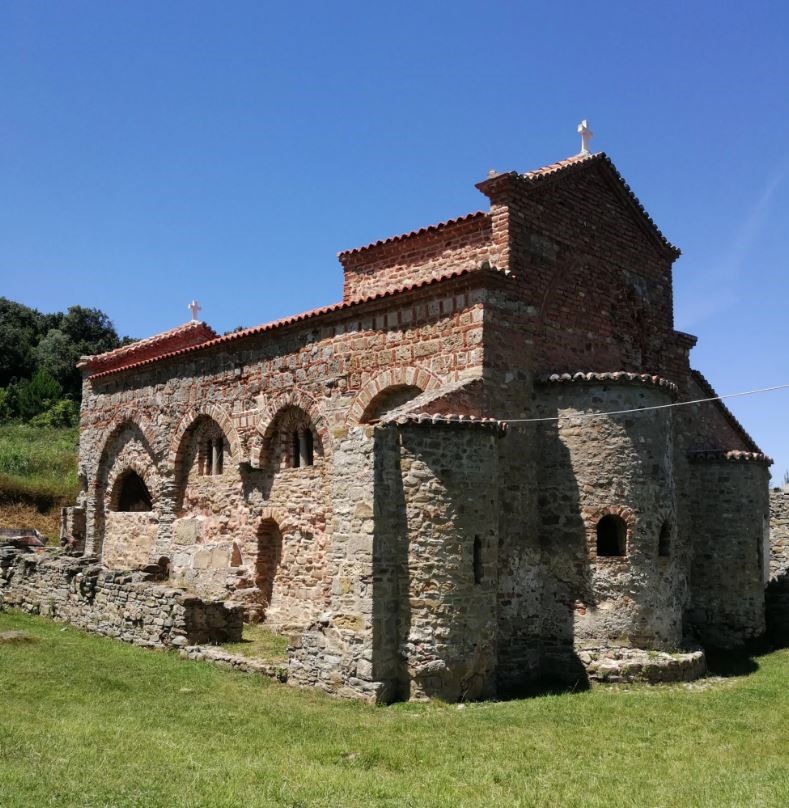National Strategy for Climate Change and Plans (NS CC) is the main strategic document on addressing climate change in Albania, which is approved by the Albanian Government in July 2019. It is designed to support the implementation of EU legislation on environment and climate, aimed at strengthening coordination across sectors to climate adaptation measures, environmental protection, and sustainable development. The NS CC focus is put on mitigation and adaptation of climate change in Albania.
Albania received European Union candidate status in June 2014. Albania’s EU accession process is a driving force in the reform of the environment sector and of cross-sectoral coordination needful for climate change adaptation responses. Integration directly implies close cooperation with EU regulations.
This first monitoring report on the implementation of the National Strategy for Climate Change, 2020-2030 is based on the monitoring of indicators linked up with availability of ‘inputs’ to climate change, given that Albania is a country with an underdeveloped economy that is characterized by a long transition referring that the finances, legislation, and institutional development are enabling factors in country response to climate change, given also that approval of the National Strategy for Climate Change by the Government of Albania is a relatively of late development (July 2019), from where the progress in the period 2019-2021 has been influenced by two very important factors with a significant impact:
– The earthquake that hit the country in November 2019
– The lock down due to pandemics of COVID-19
The main objectives of this monitoring report are:
- To provide decision makers with an information framework that improves the decision-making process towards climate change;
- To increase knowledge among civil society actors on progress of strategy implementation;
- To encourage the participation and action of CSOs in climate decision-making processes.
It is unclear what mechanism was used in relocating strategy planned budget to involved sectors, or how the spending on these funds is filed. Due to unavailability of such information, REC Albania analysed MTBPs of the Ministry of Tourism and Environment, Ministry of Infrastructure and Energy, and the Ministry of Agriculture and Rural Development for the period 2019-2021.
Implementation of the National Strategy for Climate Change will have to be seen bounced with adoption of a Capacity Development Policy deriving from Strategy for Climate Change to create more playing field for involved sectors across governance or institutions to interact and coordinate, as well as for the country in the UN Framework Convention on Climate Change (UNFCCC).
Key bottlenecks for limited adaptation support from public institutions and their inability to play better role in building resilience to climate change relate to the gaps in management, non-availability of financial and physical resources as well as lack of or insufficient training.
To download the report, please click here
This report is developed by The Resource Environmental Center Albania (www.recshqiperi.org) in partnership with Westminster Foundation for Democracy, Office in Albania (www.wfd.org) as part of the Program ‘Engaging Civil Society Organisations in decision making’





